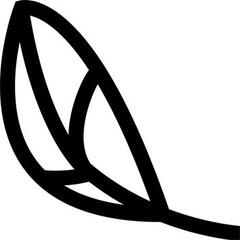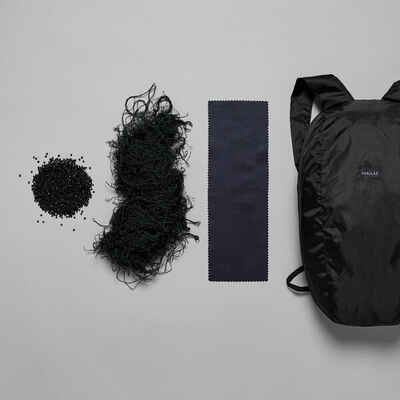Women's Waterproof Hiking Boots - NH100 Mid WP
Store Availability
Store Availability
BENEFITS

Lightweight
Each boot weighs just 360 g in size 6
Abrasion resistance
Synthetic detailing on the front foot for resistance against abrasion in nature
Traction
Sole design and 4 mm spikes clear mud easily
Grip
Sole composition & design promotes resistance and grip | 4 mm spikes
Cushioning
Open-cell rubber sole for walking trails
Fitting comfort
Removable breathable insole 5 mm | Ankle collar: comfortable foam
Waterproof
Waterproof and breathable membrane | Tested for an 2 hour hike under the rain
Fit
Lacing on the top of the upper for good supportTECHNICAL INFORMATIONS
How do the soles of the women’s NH100 MID WP hiking boots grip onto footpaths?
Designed for hiking use
Waterproofing test
Measuring waterproofness
They have been laboratory tested for 2,000 flexes. Once the boots have dried out, they are waterproof once again.
During the waterproofness test, we test 3 levels of waterproofness:
- 2,000 flexes, approx. 2 hours hiking
- 4,000 flexes, approx. 4 hours hiking
- 8,000 flexes, approx. 8 hours hiking
How are the women’s NH100 WP hiking boots tested to guarantee durability?
Extend the life of your boots
What socks should you wear with the Quechua NH100 MID waterproof shoes?
composition
composition
Tips for storage and maintenance
Storage tips
Restrictions on use
TESTS AND WARRANTY
Test product
Warranty
Agree by
Videos
Ecodesign approach
With ecodesign, we reduce the environmental impact of our products.
Analysing the product's environmental footprint enabled us to identify the most impactful stages of its life cycle. Thanks to this approach, our design teams were able to develop this product while significantly reducing its environmental impact.
Ecodesign actions on this product
-
 Process
ProcessDope dyed
Product made from 2% dope dyed yarn
Using this mass-dyeing process enables us to reduce CO2 emissions linked to the production of dyed textiles by at least 46% compared to conventional dyeing.
-
 Material
MaterialRecycled polyurethane
Product made from 2% recycled polyurethane
Using recycled polyurethane rather than conventional polyurethane reduces the CO2 emissions linked to the material by at least 9%.
-
 Material
MaterialRecycled polyester
Product made from 9% recycled polyester
Using recycled polyester rather than conventional polyester reduces the CO2 emissions linked to the material by at least 16%.
-
 Material
MaterialRubber recycled
Product made from 21% recycled rubber
Using recycled rubber rather than conventional rubber reduces the CO2 emissions linked to the material by at least 8%.